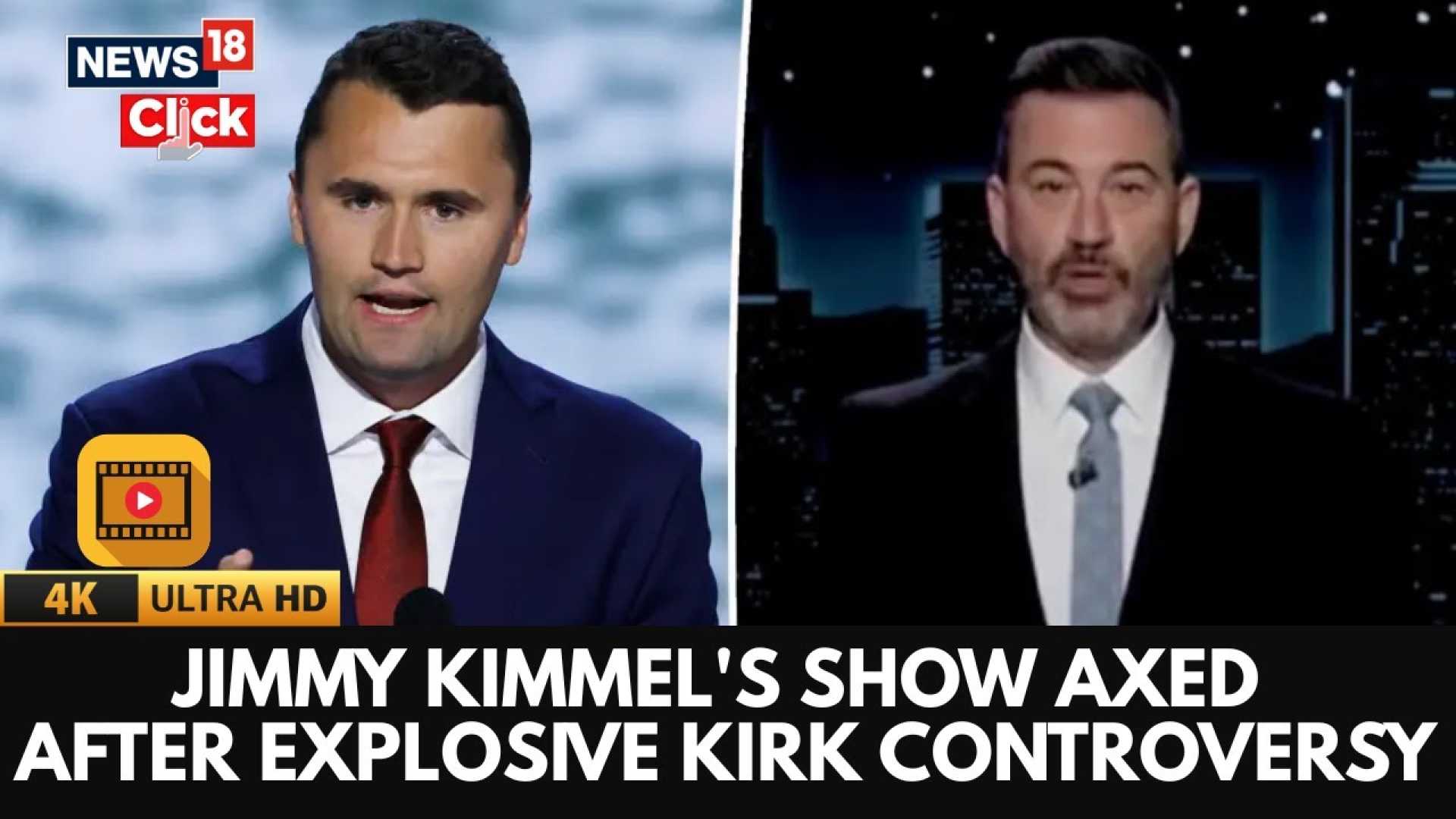Entertainment
Kimmel’s Indefinite Suspension Raises Concerns Over Free Speech

DETROIT, Mich. — The recent suspension of comedian Jimmy Kimmel‘s show has sparked a debate over free speech and government influence in entertainment. Kimmel, who has hosted his late-night show for 23 years, was taken off the air indefinitely following controversial remarks he made about President Donald Trump and his supporters.
The incident arose after Kimmel’s comments during a weekend broadcast. He criticized Trump supporters, suggesting they were “working very hard to capitalize on the murder,” a statement many deemed callous and inaccurate. Following this, Kimmel planned to double down on his remarks, which prompted concern from Disney, the parent company of ABC.
FCC Chairman Brendan Carr publicly warned that if Disney did not take action against Kimmel, the government could impose further scrutiny on the company. “We can do this the easy way or the hard way,” Carr said on a podcast, stirring fears of possible government retaliation.
In response to the pressure, Disney suspended Kimmel’s show within 24 hours of the controversial comments. Additionally, Sinclair and Nextar, the largest TV station owners in the U.S., announced they would preempt Kimmel’s show amidst the unfolding situation.
The quick action against Kimmel raises concerns regarding government interference in media and the chilling effects on expression. Critics argue that such moves threaten the integrity of free speech, drawing comparisons to countries where government suppression is rampant.
While many may cheer Kimmel’s suspension, it signals troubling implications for public discourse and the power dynamics between the government and media companies. Kimmel’s case echoes similar concerns voiced during the Biden administration, where critics faced backlash for opinions on sensitive topics.
Historically, both liberals and conservatives have expressed discomfort with cancel culture and government overreach. As this situation unfolds, it serves as a reminder of the delicate balance between free expression and the perception of government threats to speech.












